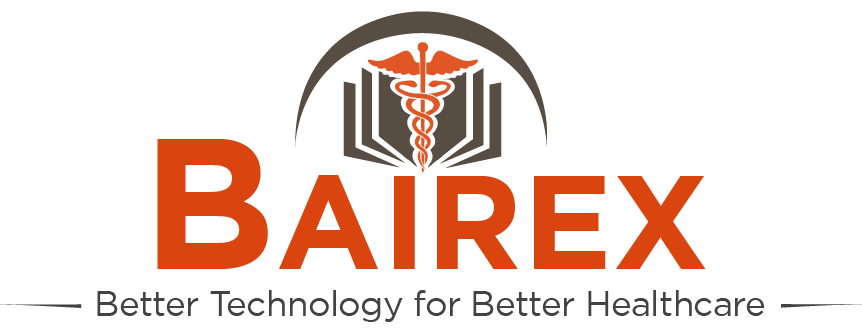Latest on COVID-19
- Home
- Latest on COVID-19
New study shows that the Abbot ID NOW #COVID19 test missed a third of the samples detected positive by Cepheid's Xpert Xpress (GeneXpert) when using nasopharyngeal swabs transported in viral transport media and more than 48% when using dry nasal swabs.
The novel coronavirus, severe acute respiratory syndrome coronavirus 2 (SARS-CoV-2) causing coronavirus disease-2019 (COVID-19) was first identified in Wuhan Jinyintan Hospital, China in December 2019. Since then, it has spread vastly, reaching the status of global pandemic as declared by the World Health Organization on March 11th, 2020 (1). As of May 2nd, 2020, there are 3,356,205 reported cases, and 238,730 confirmed deaths worldwide, in 215 countries (2). In NY State and New York City, there were 316,415 and 168,845 reported cases and 19,189 and 13,319 deaths respectively as of May 2nd, 2020 (3, 4). Common signs and symptoms with the associated respiratory illness are fairly non-specific and include fever, dry cough, headache, myalgias, arthralgias, and sore throat, with indicators of more severe disease such as shortness of breath and respiratory failure (1). Nearly 80% of the infected individuals are either asymptomatic or have mild symptoms leading to difficulties to diagnose this disease. COVID-19 has high human-to-human transmission rates (R0 = 2.0 – 2.5), and is stable in aerosols and on surfaces, presenting a challenge to mitigation and emphasizing the urgent need for a more rapid, accessible and accurate diagnostic assays (5). SARS-CoV-2 virus is detected in various human sampling sources including respiratory and fecal, but testing has been validated for PCR primarily of nasal, nasopharyngeal, and oropharyngeal specimens. Positive samples for SARS-COV-2 were found in Chinese patients 1-2 days prior to symptom onset and persisted up to 2 weeks in severe cases (1). While long-term mitigation and prevention goals include prognostic markers, therapeutics, and vaccines (1), the urgency of this rapidly developing crisis in the United States has prioritized the immediate goal of diagnostic testing, advanced by the FDA’s Emergency Use Authorizatio was not certified by peer review) is the author/funder. All rights reserved. No reuse allowed without permission. bioRxiv preprint doi: https://doi.org/10.1101/2020.05.11.089896. this version posted May 12, 2020. The copyright holder for this preprint (which 5 (EUA) (5, 6). The initiative to expand and accelerate testing has eased the usual scrutiny that new assays would normally undergo prior to release. This obligates clinical laboratories to more carefully assess the overall performance of the various rapidly emerging testing platforms prior to implementation. Several Nucleic Acid Amplification tests (NAAT) platforms are currently available. Our laboratory uses two real time RT-PCR platforms, the Roche Cobas and the Cepheid GeneXpert. Both platforms perform comparably with similar limits of detection (LOD) of SARSCoV-2 viral RNA, 100-150 and 250 copies/mL, respectively. However, the assay run times of 3.5 hours and 45 minutes, respectively, are still too long for timely decision support in a variety or important clinical situations. (e.g. Emergency Department discharge). In search for a platform with shorter turnaround time, we sought to evaluate the recently released Abbott ID NOW COVID-19 assay. Abbott ID NOW uses isothermal nucleic acid amplification of the RdRp viral target with a claimed LOD of 125 copies/mL. The objective of our study was to evaluate the performance of the rapid Abbott-ID-NOW platform test by using the Cepheid-Xpert-Xpress SARS-CoV-2 test on the GeneXpert Dx as the comparator reference method.
Read more: https://www.biorxiv.org/content/10.1101/2020.05.11.089896v1.full.pdf

